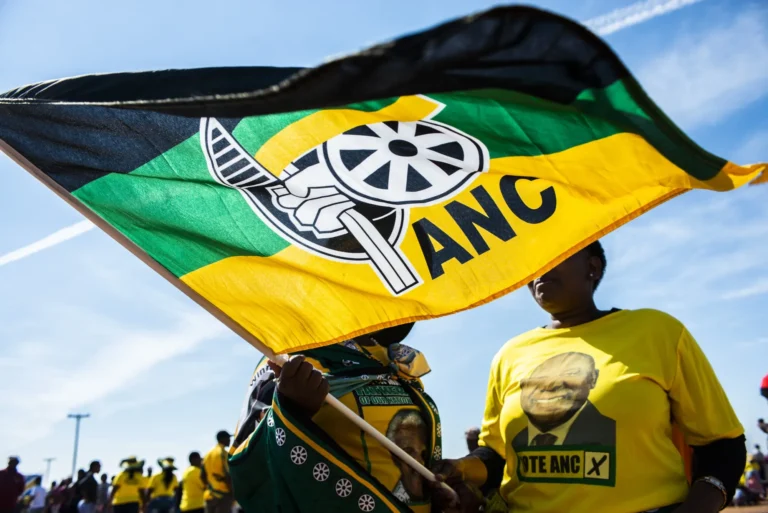In recent years, liberation parties that once symbolised hope and resilience in southern Africa appear to be losing their grip on power.
From Botswana to Zimbabwe, electorates are voicing their discontent, raising questions about whether an invisible hand might be influencing this political shift.
Historically, liberation movements such as Botswana’s Botswana Democratic Party (BDP), Mozambique’s Front for the Liberation of Mozambique (FRELIMO), Namibia’s South West Africa People’s Organisation (SWAPO), South Africa’s African National Congress (ANC) and Zimbabwe’s ZANU-PF have been the architects of post-colonial governance.
However, as citizens face mounting socio-economic challenges, these once-revered parties are now experiencing significant electoral setbacks.
In Botswana, the BDP, which has ruled since independence in 1966, lost power following elections held in late October.
Botswana’s 30 October elections ushered in a new era for the country with an emphatic rejection of the BDP – in power for almost six decades – and a resounding win for President Duma Boko’s Umbrella for Democratic Change (UDC).
The UDC won 36 out of 61 directly elected seats in Parliament, while the former ruling party won only four.
Similarly, in Mozambique, FRELIMO’s prolonged dominance is being challenged by opposition parties capitalising on public dissatisfaction over corruption and poor service delivery.
FRELIMO’s presidential candidate Daniel Chapo won over 70 percent of votes in elections held on October 9 while the party increased its number of seats in parliament to 195 from the 184 it had before, according to the country’s electoral commission.
However, opposition parties have disputed the poll outcome, claiming widespread tampering of votes.
Main leader Venancio Mondlane, who came second with 20 percent of the vote and is backed by the Podemos party, has led more than a month of protests that have caused havoc across Mozambique since October 21.
The dispute has delayed confirmation of the results by the Constitutional Court, which has the final say over poll outcomes.
In Namibia, SWAPO has gradually seen its grip on power slip away over the past 10 years.
SWAPO, although still in power, has faced criticism for failing to address economic disparities, resulting in a noticeable decline in its support.
In the most recent Namibian elections held on November 27, SWAPO won 51 of the 96 elected seats, down from the 63 seats the party won in the previous elections in 2019.
Its presidential candidate Netumbo Nandi-Ndaitwah secured 58.1 percent of the votes against 25.8 percent for her nearest rival, Panduleni Itula of the Independent Patriots for Change.
South Africa’s ANC, once the darling of the anti-apartheid movement, has been plagued by scandals and allegations of state capture, leading to its worst electoral performance in 2024 when it lost its parliamentary majority to below 50 percent for the first time since the advent of democracy in 1994.
The ANC’s declining fortunes saw it enter into a government of national unity with 10 other political parties – failing which it was going to find itself out of power.
Meanwhile, Zimbabwe’s ZANU-PF continues to face growing opposition as economic hardship and political repression fuel dissent against the ruling party.
This trend raises the question: could there be an invisible hand pulling strings from behind the scenes?
Analysts suggest that external influences, including foreign powers and international organisations, may be subtly shaping political landscapes in these nations.
Economic pressures, changes in global trade dynamics and the proliferation of social media are empowering citizens to demand more from their leaders, challenging the status quo.
As liberation parties grapple with their declining influence, the path forward remains uncertain.
While these parties once represented the aspirations of their people, growing discontent signals a call for introspection and reform.
The question now is whether they can adapt to the changing political climate or if they will be swept away by the winds of change, leaving room for new leadership to emerge.
JN/APA


